Coronavirus Update- May 1st,2020-Africa-effective so far - California - closing beaches
Description
Top African health officials say the continent has taken what appear to be effective measures in curbing the spread of coronavirus. While they note that lockdowns in some countries have had positive effects in slowing transmission, scientists say that the enduring economic and social harm of lockdowns could soon trump scientific considerations. Experts spoke to journalists a day before the continent’s hot spot, South Africa, prepared to ease its restrictions. Anita Powell reports from Johannesburg.
Health officials across the continent have mostly succeeded in urging leaders to implement strict measures to combat the spread of coronavirus. And it may be no coincidence that the sub-Saharan African region continues to have the world’s lowest caseload, and the fewest number of deaths. But the crisis is far from over, said Dr. Matshidiso Moeti, World Health Organization regional director for Africa. “In terms of the situation in Africa, we are continuing to see an increase in cases. I think our outbreak is continuing. We are seeing case fatality rate in the region of about 3.9 percent. We have a couple of countries that have a higher case fatality rate. What is very encouraging, and I'd just like to emphasize this, is that we have a number of countries that have reported zero cases over a couple of weeks. These are admittedly relatively small countries of Namibia, Mauritania and Seychelles They had put in place some early measures, starting with testing, contact tracing, which have produced some results. And then we are very concerned about West Africa, where we are seeing community spread in a significant number of countries compared to others.” In South Africa, the country with the continent’s highest caseload, Health Minister Dr. Zweli Mkhize said the strict 35-day lockdown— which officially ends Friday— had made a difference. “We are actually seeing a slightly different trajectory that has pushed the peak of the epidemic to around September, in the best-case scenario, or maybe July, in the worst-case scenario. This is going to be related to how we ease off the lockdown, so the president has called for a risk-adjusted easing of the lockdown to take into account food security issues, to take into account the economic recovery that needs to be supported.” Mkhize noted that the reopening will be slow and not drastically different from the current situation. The next lower stage will include a curfew, limits on outdoor exercise, and the obligatory use of face masks in public. Large gatherings remained banned, and many so-called nonessential businesses remain shuttered. Professor Kojo Ansah Koram, an epidemiologist in Accra, Ghana, says it’s decisions like this that keep leaders up at night: How do they protect public health while also keeping other sectors of their country strong? “If you are in a place like Accra, where there is a large majority of people in the informal sector, for example, then that advice has to be weighed on, or has to be taken in addition to what will happen to that population, which probably have to go out on a daily basis to get their daily bread. And so you can make your pure scientific advice, but you have to be aware that it has to be managed in the context of all the other things.” As of April 29th, Africa had about 23,000 reported cases of COVID-19 and just over 900 deaths, fewer than any other region in the world. Anita Powell, VOA news, Johannesburg.
Here are some of the other stories were following at VOA.
US intelligence agencies have concluded that the new coronavirus was not man-made or genetically modified but say they are still examining whether the origins of the pandemic trace to contact with infected animals or an accident at a Chinese lab. President Donald Trump and his allies have touted the as yet unproven theory that an infectious disease lab in Wuhan was the source of the pandemic. Japan is preparing to extend its state of emergency over the novel coronavirus for another month. It was originally set to end on May 6th. Prime Minister Shinzo Abe said even as some other countries begin to reopen after strict lockdowns, it would be too difficult to return to everyday life on May 7th, adding that the country needed to brace for a drawn-out battle. And Twitter says it will grant researchers and software developers access to a real time data stream of 10s of millions of daily public tweets about COVID-19 which they can use to study the spread of the disease or track information. Twitter said that this access could also be used by approved applicants working on crisis management, emergency response or communication within communities, as well as those developing tools to help the scientific community understand COVID-19. Stay with VOA for all the latest US and World News.


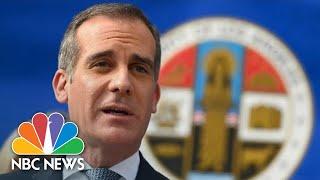
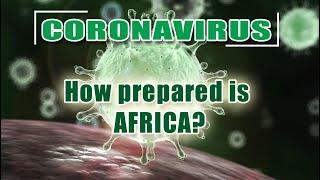
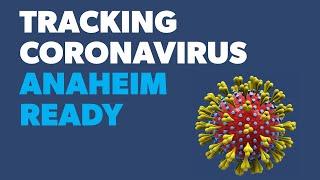

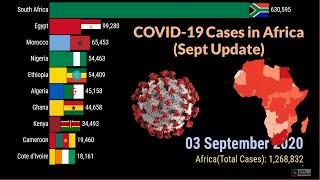

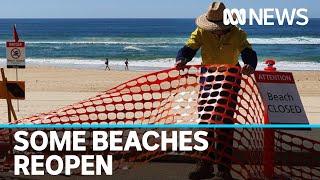
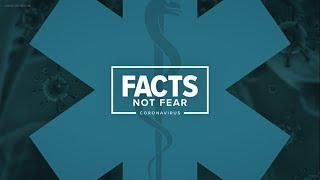
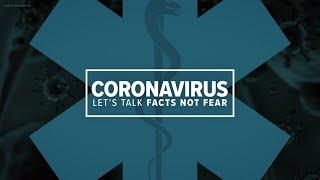
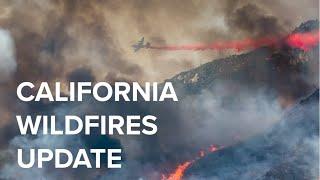
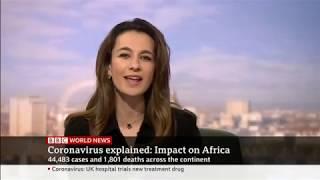

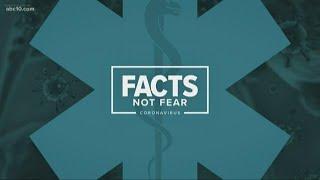
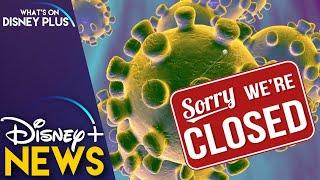





Comments